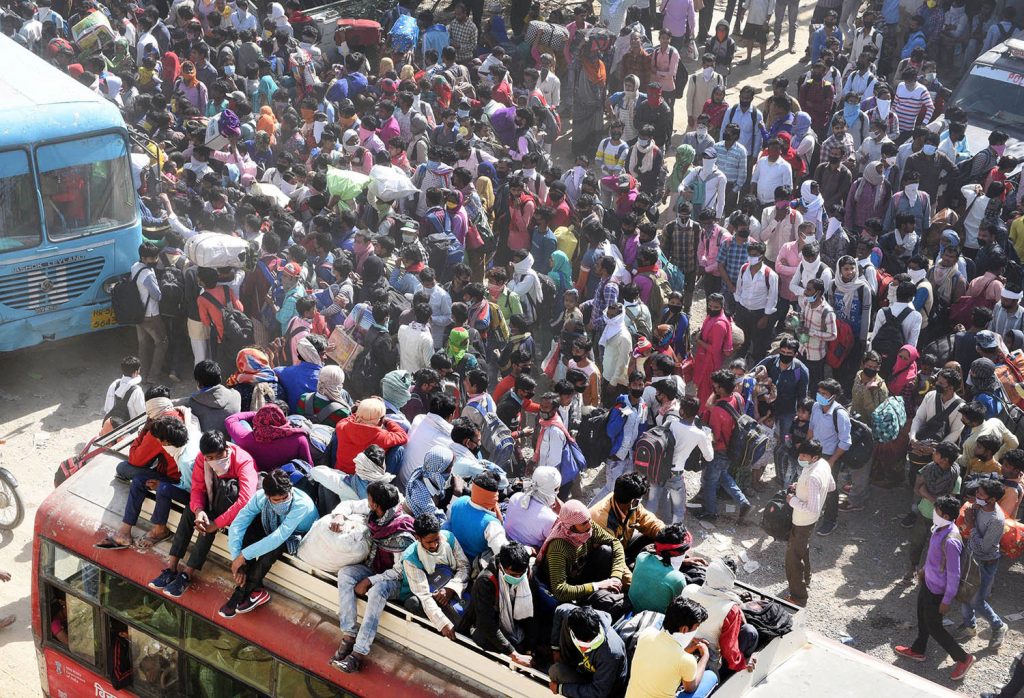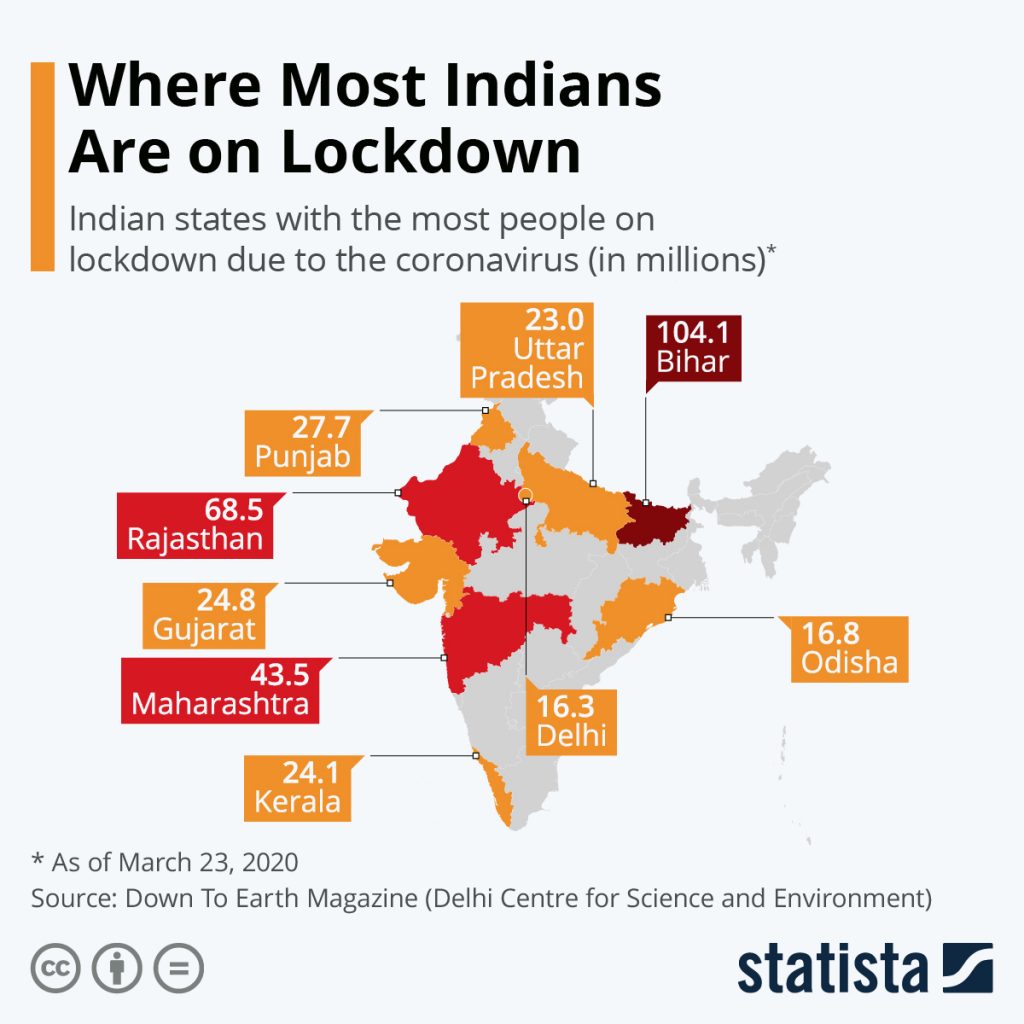
Having already spent over a month in lock-down, it’s safe to say that we’ve had plenty of time to pursue new hobbies, complete unfinished work, get fit, spend time with family and experience extreme boredom. Although this stretch of extended ‘holiday time’ has come with a plethora of opportunities, it is also becoming increasingly difficult to become engaged in new productive activities amidst the current grim environment.
Though, it is important to note that lockdowns around the globe don’t always mirror the same humdrum monotony we are experiencing in the UK.
As countries around the world hasten to contain the spread of Covid-19, lock-down has become the method of choice to combat its dispersal. By reducing social contact on a national scale, governments aim to reduce the spread of the Coronavirus contagion, alleviating the burden from healthcare staff and suppressing the virus. Despite this, many nations have adapted their lock-down strategies in line with their own norms and customs – this has had varying implications on the widespread public.
Middle East
Regions in the Middle East such as Kuwait have enacted stricter lock-down measures through upholding an 11-hour curfew, allocating time only to complete weekly shopping and essential hospital visits. These measures have been relaxed as a result of the holy month of Ramadan in which Muslims fast from sunrise to sunset. In stark contrast to this, other areas of the Middle East such as Egypt have effected a much more lenient version of this lock-down, the bi-product of which has been the emergence of a prevalent social stigma. Whilst lock-down has proven to be an effective method of reducing the spread of the disease, it has failed to satisfy many locals who continue to act based on illogical theories and speculation. Incidents such as an Egyptian doctor being removed from her apartment building due to complaints from fearful neighbours over her work in the hospital’s respiratory department illustrate how variations in preventative measures are having alternate effects on different sects of society.
South Asia
In South Asia, the initial reluctance to implement a national lock-down stemmed from the expanding wealth gap between the various echelons of society. In countries such as Pakistan where a quarter of the population earn less than $2, an inflexible national lock-down is a fate that would drive many to the very brink of poverty – causing more to fear death by hunger than the disease itself. Similarly, devastating scenes can be seen in India where rural labourers are struggling to return home due to austere transport suspensions – immuring them in cities thousands of miles away from home. The lock-down has foisted a life of frugal spending, hunger and desperation upon India’s 170 million blue-collar workers who continue to ineffectually sustain the gig economy.
The majority of Indians are are in lock-down in Maharashtra, India’s third-largest state renowned for being the country’s industrial hub – home to the majority of the country’s labourers.
United Kingdom
Although the UK seems relatively unaffected by the lock-down in comparison to the aforementioned countries, the Covid-19 crisis has brought Britain’s underlying wealth gap into sharper focus. As a large majority of workers continue to be furloughed, sacked or given permission to work remotely, the British population have become heavily reliant on savings. According to the ‘Colour of Money Reports’, a total of 34% of Black, Asian and minority ethnic households are paid below the National Minimum Wage compared to 3% of White workers within the UK, having a knock-on effect on the quantity of savings possessed by each household. The level of accumulated wealth in the possession of each household is an indication of their relative capacity to cope in extreme situations. The reduced level of savings possessed by BAME households instantiates Britain’s fundamental inequality issue and how in times of a crisis, BAME minorities are disproportionately affected. With this in mind, Downing Street has recently confirmed that it will formally review the disproportionately high number of coronavirus cases among people from ethnic minority backgrounds.
Although lock-down for many can be seen as an opportunity for self-development, for others it is a critical time that requires many to adapt to extreme circumstances. Whilst lock-down measures are not the same throughout the world, similar dilemmas are being brought to light as a result of it. As the vulnerable become increasingly susceptible to the disease due to inordinate wealth distributions, we should expect to see more and more communities around the globe striving to survive as they persevere through brutal conditions and circumstances.



